“We believe consumer health technologies — apps, wearables, self-diagnosis tools — have the potential to strengthen the patient-physician connection and improve health outcomes.”
(Chairman of Family’s medicine for America’s health)
The digital world is witnessing a revolution in the healthcare sector. From the use of digital tools in critical operations to the way we administer medical records, it surely is an essential transition.
Incorporating artificial intelligence, tailored healthcare services, digital customer services, and the delivery of obligatory medicines straight to your doorstep is a big part of saving lives.
So, in this read, We’ll delve into how various technological advancements augment the healthcare industry and fundamentally transform the paradigms of patient care and medical intervention. Let’s dive right in.
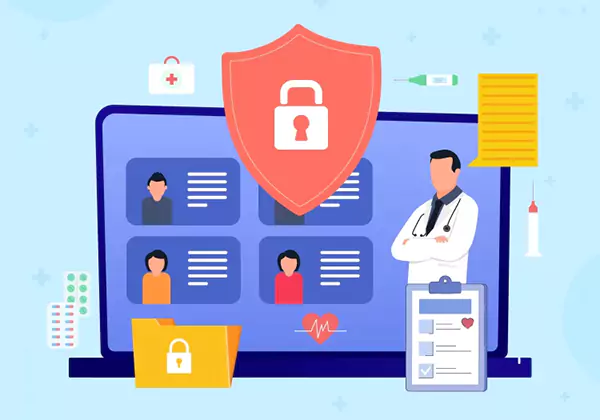
With the booming technology in the healthcare sector, the challenges to data security and patient privacy are becoming a big concern, where the patient’s valuable data including diagnosis and treatment plans are now stored digitally, often on cloud-based platforms. Although it surely plays a big hand in handling sensitive information it also raises the risk of data leaks and privacy breaches.
One crucial step in safeguarding this sensitive data is using dedicated IP VPN, which helps encrypt the internet traffic, making it difficult for unauthorized individuals to intercept or access the data being transmitted.
Employing an effective VPN is an indispensable component in a healthcare organization. Especially when accessing or transferring patient records over unsecured networks.
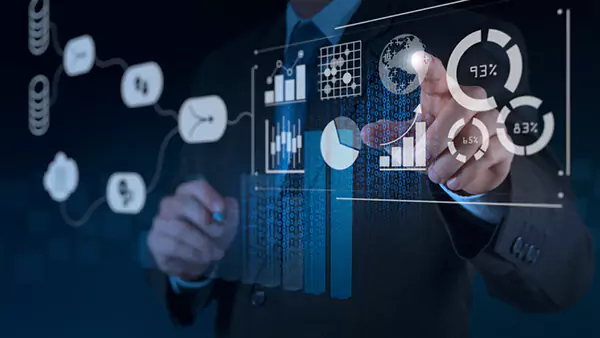
The transition of data handling from paper to digital form has greatly improved data management in healthcare industries. Previously, paper records consisted of common human errors such as insufficiency that could cause some misunderstanding in the records further impacting the patient’s health.
Now, with the new data handling technology of Electronic Health Records (EHRs), these human errors are replaced with organized information that is accurate and accessible. As mentioned previously, data handling using digital methods brings the significant risk of data leaks further resulting in major trouble for the organization.
For example, The WannaCry attack on the National Health Service Hospitals in Scotland was a severe attack that corrupted approximately 70,000 medical devices that not only affected the medical records but also caused a lot of financial damage.
Therefore, it is advised to use effective healthcare software such as the Medisafe app, Which not only provides an extra layer of security and privacy but also ensures that it is safe in the right hands. thereby enhancing overall trust in digital healthcare services.
Did you Know?
The global mobile app health market is expected to reach $125.35 billion by 2028.
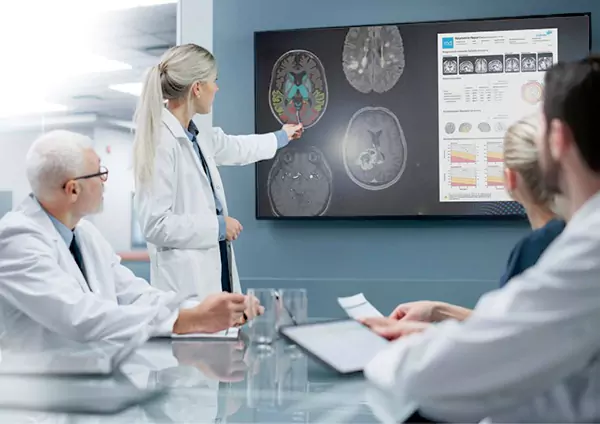
One of the fundamental pillars of the medical sector is efficient diagnostics, which not only ensures improved accessibility but also brings the benefit of speed and accuracy.
Diagnostic technology, such as glucose monitor systems like Medtronic, has made it possible to diagnose chronic diseases accurately and quickly, benefiting patients and healthcare providers. It reduces the time in the diagnostics process, and the frequent visits to the hospitals, making healthcare more accessible and convenient. Another excellent example is an AI-supported radiology PACS system. This system gives radiologists more information on which to make informed decisions and helps lower false negatives in cancer detection. Additionally, new medical imaging systems like this allow remote reading with cloud-based servers and improve the availability of information for radiologists to work more efficiently.
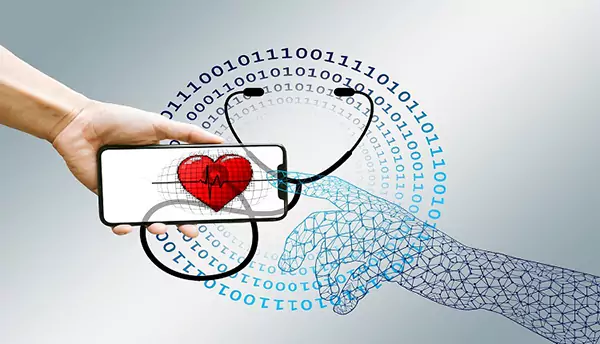
One of the striking advantages of technological advancement in the healthcare sector is better and quality access to healthcare, which has fixed problems like physical limitations, long distances, and high costs.
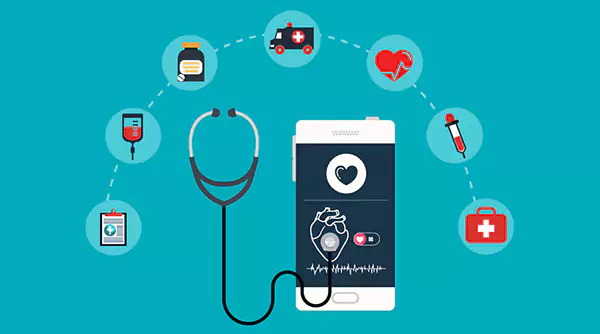
Various healthcare industries have started incorporating mobile healthcare applications, services that bring great benefits for the patient such as getting a quick quote, making an appointment, receiving reports, and keeping a record of one’s medical history. It’s a great alternative to paper records that are hard to handle and can get lost easily. It not only saves time but also reduces the cost to the patient.
The patients can also use healthcare applications to improve their knowledge about a particle illness and get to know its symptoms and precautions that can help them take proactive measures.
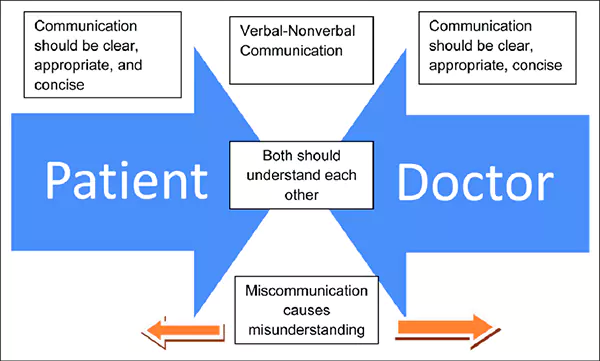
Technology in the healthcare industry not only benefits the patients and physicians but also the administration of healthcare organizations. It facilitates better communication, which improves things within an organization.
The New Technological advancements provide various platforms that healthcare organizations use to communicate with their employees. Better communication is always crucial for an organization to thrive, resulting in better relationships among the employees and further enhancing their productivity.
To conclude, the submerging of technology in the healthcare sector is an ever-evolving narrative, where each advancement brings us closer to the future of more effective, accessible, and time-saving medical services that are beneficial for both the patients and the healthcare organization.
There you have it, everything you need to know about the importance of technological advancement in the healthcare sector and how it is bringing us closer to a more promising future. Hope it helps!
Machine learning (ML) and Artificial intelligence (AI) are revolutionizing the healthcare sector in many ways, such as analyzing data, detecting disease patterns, and predicting outcomes, further helping in automating tasks such as diagnosing illnesses and suggesting efficient treatment.
Advancements in medical diagnosis include advanced imaging technologies, such as MRI and CT scans, that provide detailed insights into the human body, aiding in accurate diagnosis.
Here are the top 10 latest technological trends in the healthcare sector:
There is no doubt that technology will transform the healthcare industry for the better, as it empowers individuals to take charge of their health.
